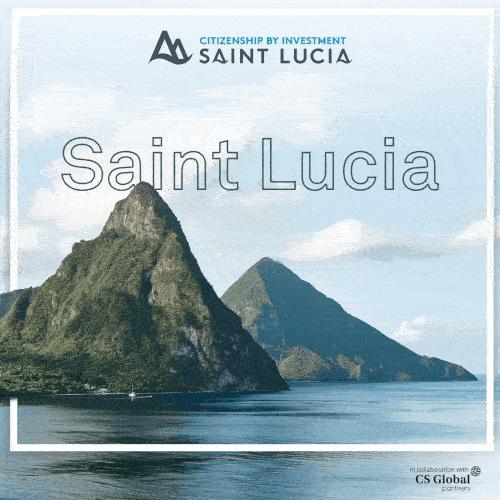
Mauritius: The Science, Technology, Engineering, Arts and Mathematics (STEAM) competition 2022 culminated with a prize-giving ceremony this morning, at the seat of the Mauritius Institute of Education (MIE), in Réduit. The winners of the first prize and runners-up were announced on that occasion and were awarded a cheque of Rs 10,000 and Rs 5,000 respectively.
The winners are as follows:
- First Prize: Bukuth Mehtaab- Biology;
- Ramautar Choormita- Chemistry;
- Ramdhonee Sachitanand -Design and Technology and;
- Bhobooty Bhavna and Tanoo Koomila (team)-Mathematics.
- Runners-up: Mooruth Soonita and Inderjeet H K (team)- Mathematics; and
- Haulkhory Ramcharun Priyanka and Naika Yanesh (team)- Chemistry.
The Vice-Prime Minister, Minister of Education, Tertiary Education, Science and Technology, Mrs Leela Devi Dookun-Luchoomun; the Chairperson of the MIE Council, Dr Jaya Naugah; the Director of the MIE, Dr Hemant Bessoondyal; the STEAM Competition Organiser, Professor (Dr) Yashwantrao Ramma; and other personalities were present on occasion.
In her address, the Vice-Prime Minister highlighted that the STEAM competition 2022 was organised by the MIE in collaboration with the Ministry of Education, Tertiary Education, Science and Technology, where educators in the areas of Science, Technology, Engineering, Arts and Mathematics were invited to participate through their school.
“Today’s ceremony,” she underlined, “seeks to reward the good practices carried out during the COVID-19 pandemic and to determine how technology has benefited both educators and students, as well as parents, in ensuring that learning gaps were kept to the strict minimum during the lockdown induced school closures.”
Mrs Dookun-Luchoomun commended the educators who invested their time and energy in this unpredictable and mostly unprepared-for undertaking. “I also laud the unflinching support of parents towards their children during those difficult moments and for involving themselves in the education process of their children,” she said.
Speaking of technology, the Vice-Prime Minister underlined that it had the added advantage of enabling learning to be extended beyond the boundaries of the classroom.
“There is so much literature and so many active practice models that demonstrate the effectiveness of Technology-Enhanced-Learning as it is not only a knowledge provider but also provides greater flexibility to educators to customise the curriculum based on the requirements of each student,” she pointed out.
On this note, Mrs Dookun-Luchoomun expressed hope that the MIE would come up with new approaches for improving technology pedagogy in its teacher education programmes in order to solve issues that some educators faced with the use of technology due to the fast pace at which it kept changing.
For her part, Dr Naugah highlighted that the role of the MIE was not only restricted to engagement in its three mandates, namely: Teacher Education; Curriculum Development; and Education Research, but it was also about outreach.
She underlined that this type of competition provided academics with the opportunity to situate the extent to which technology served its intended purpose, that of extending teaching and learning outside the four walls of the classroom.
“It is also a form of evaluation of the models of technology that the MIE has been teaching in various programmes and a form of reflection on the best approach towards technology integration in teaching and learning in the future,” the Chairperson stated.
As for the Director of the MIE, he recalled that the STEAM competition was initiated in April 2022 and opened to all schools of the Republic of Mauritius with the specific context of school closure in Mauritius amidst the COVID-19 pandemic.
“The objective behind this competition was to allow educators to showcase their good practices in relation to how technology had benefited them and their students, as well as helping parents in supporting their children towards teaching and learning continuity and mitigating the knowledge and learning gap during the COVID-19 lockdowns in 2020 and 2021 when schools were closed,” Dr Bessoondyal pointed out.
The Director indicated that to participate in the competition, a portfolio comprising a 2000-word write-up and a short video of about six minutes about the novelty of the strategy that educators had adopted when using technology in teaching and learning and for conducting assessment needed to be submitted.
On this score, he commended the educators who participated and, despite the challenges, proved how handling technology and digital devices for remote learning could help students learn virtually and maintain the same depth of engagement they had with students in the usual traditional classroom setting.
The STEAM competition organiser, for his part, highlighted that technology was one of the strongest factors shaping the educational landscape today.
“This competition,” Professor Ramma underscored, “enabled the identification of strengths and weaknesses as well as difficulties that educators had experienced when technology, in its entirety, was used for online teaching and learning.”
He thereby remarked that these issues would be duly examined so as to facilitate the provision of effective professional development of new technologies to be used to their full potential by academics, as well as current and future educators.
